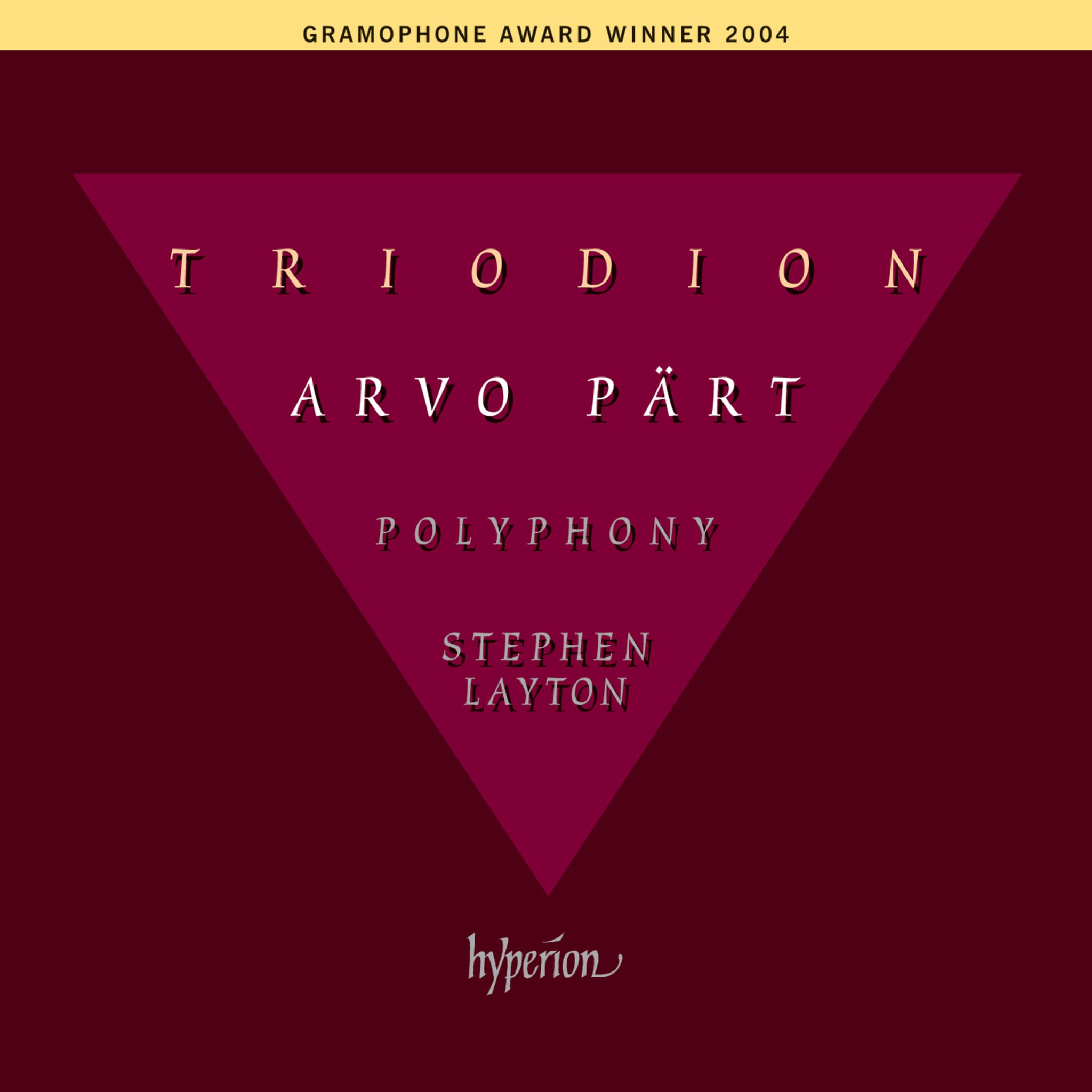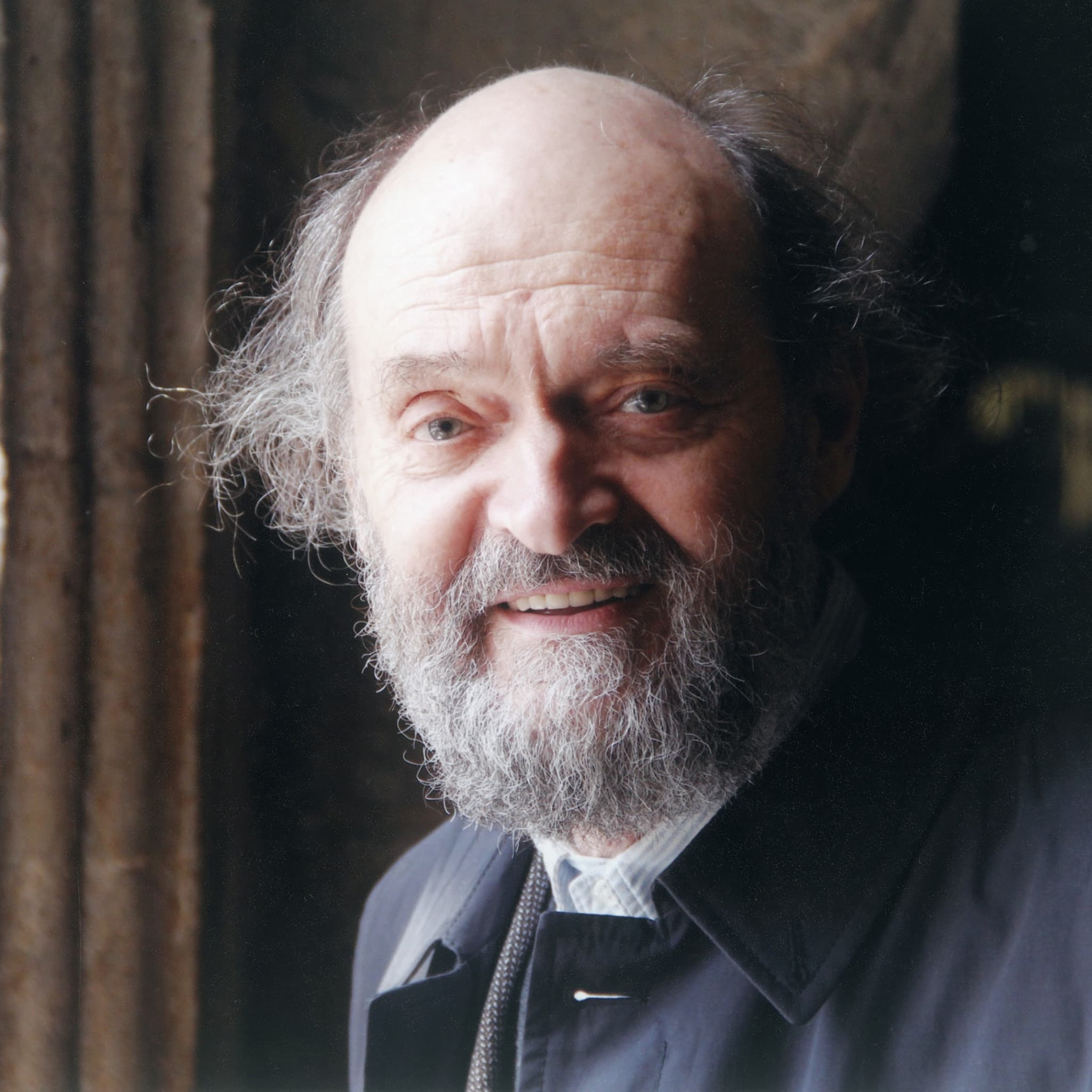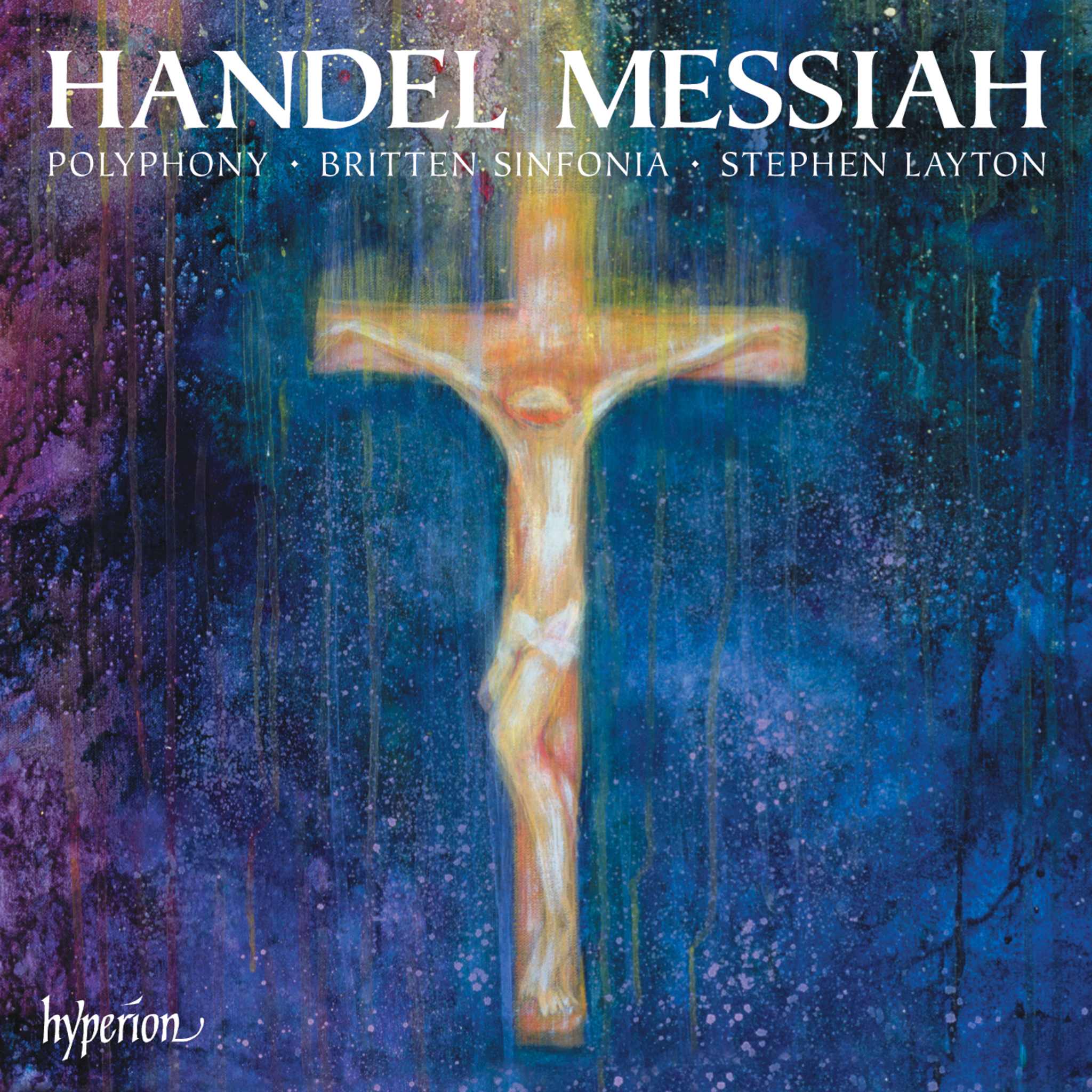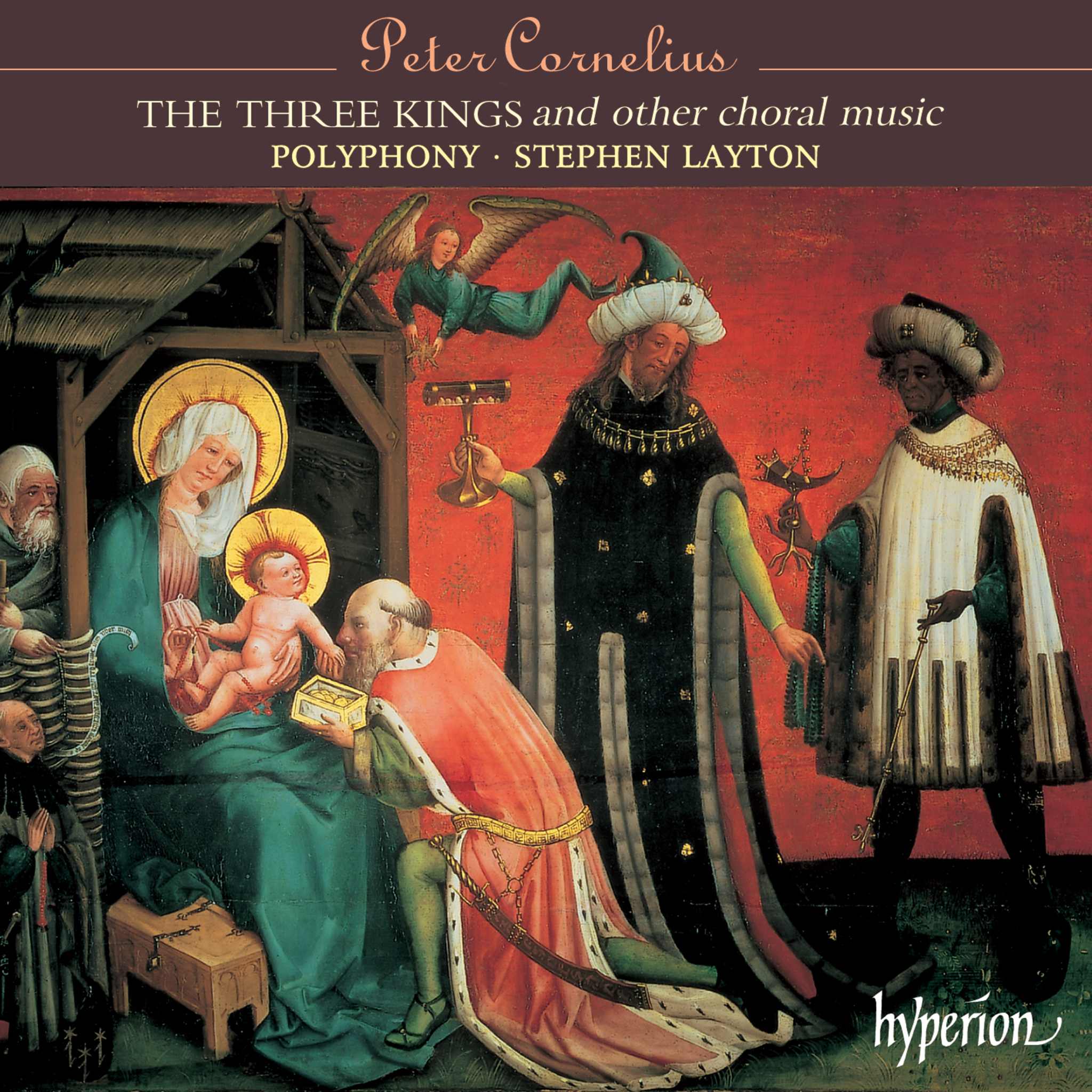Arvo Pärt Hyperion released the first recording of Arvo Pärt's Polyphony choral music, focusing on works from 1988 to 1991. During this productive period, Pärt gained increasing international recognition.
Among the recorded works was Psalm 51, "Miserere," which marked a phase of greater harmonic complexity in Pärt's compositions. In the following years, particularly from 1996 to 2002, the composer returned to his characteristic clarity and simplicity of chords.
In the course of his work with choirs, Pärt also incorporated other languages, such as English. His encounters with diverse cultures during international travels influenced this development.
Selecting texts for his compositions often proved challenging for Pärt, as demonstrated, for example, by his music for the anniversary year of Saint Ambrose in Milan. His works bear witness to a profound artistic inspiration drawn from diverse traditions and sources.
This CD includes, among other pieces, the "Nunc dimittis" and "Salve Regina." This recording documents the richness of the texts and the musical maturity that Pärt developed over several decades.












